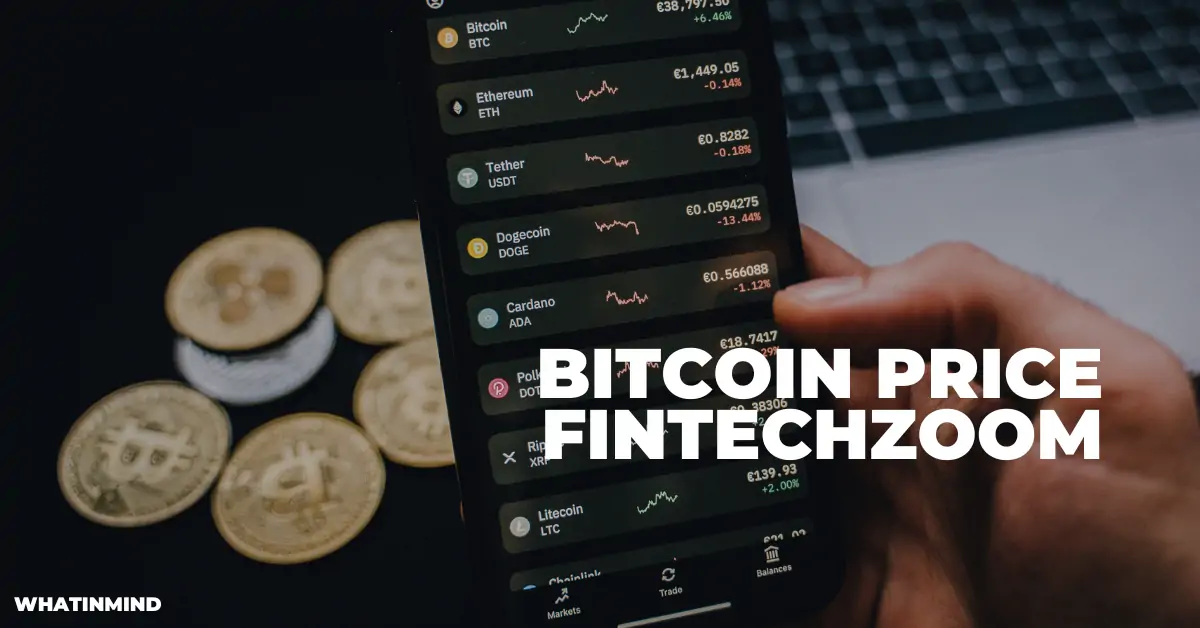Bitcoin ETFs: Your Guide To Investing In Crypto
Are Bitcoin ETFs the golden ticket to crypto investing, or just another financial gamble? The recent surge in popularity and accessibility of Bitcoin ETFs in the U.S. market is undeniably changing the landscape of cryptocurrency investment, offering a regulated pathway for both novice and seasoned investors to engage with this volatile asset class.
The ProShares Bitcoin Strategy ETF (BITO) quickly amassed an impressive $1 billion in assets, and its current holdings, reaching $3 billion, far surpass those of other Bitcoin futures ETFs. This surge reflects a growing interest in Bitcoin and a growing acceptance of ETFs as a legitimate investment vehicle. The regulatory landscape shifted in early 2024 with the approval of Bitcoin ETFs, specifically those tied to the spot price of Bitcoin, in the United States. This pivotal move opened the doors for a new wave of investors, allowing them to participate in the cryptocurrency market more easily.
Here's a breakdown of the key players and features of the emerging Bitcoin ETF market:
- Carlos Vives Un Icono De La Msica Latina Discover Now
- Big Bear Lake Filming Locations Your Guide To Movie Sets
| Feature | Details |
|---|---|
| Overview | Bitcoin ETFs provide a regulated and relatively straightforward way to gain exposure to Bitcoin's market price movements without the complexities of directly owning and managing cryptocurrencies. They offer a more accessible alternative to the complexities of buying, storing, and securing Bitcoin through digital wallets. |
| Market Access | In January 2024, the Securities and Exchange Commission (SEC) approved 11 exchange-traded funds to invest in Bitcoin, marking a significant shift in the regulatory environment. This decision granted retail investors in the United States access to these investment instruments. |
| Types of ETFs |
|
| Key Players |
|
| Risk Factors |
|
| Benefits |
|
| Important Considerations |
|
Several providers have launched spot Bitcoin ETFs in the USA, including the iShares Bitcoin Trust ETF (IBIT) from BlackRock and the Fidelity Advantage Bitcoin ETF (FBTC). These ETFs provide a streamlined way for investors to track the price of Bitcoin. The ProShares Bitcoin Strategy ETF (BITO) was an early mover in the futures-based ETF space and quickly amassed significant assets.
The approval of Bitcoin ETFs in January 2024 was a landmark event. Before this, while Bitcoin ETFs existed in other countries, US retail investors had limited access. This change has opened the gates for a more diverse group of investors to consider exposure to cryptocurrencies as part of their portfolios.
When investing in Bitcoin ETFs, it's crucial to understand that these funds aim to reflect the price movements of Bitcoin, whether through direct holdings or futures contracts. They are not without risk. The market for Bitcoin is subject to rapid changes and inherent uncertainty. Investors must acknowledge the potential for loss, including the possibility of losing their principal investment. It's also important to remember that these ETFs may not be suitable for all investors.
- Ahmad Laster Sr Details On The 2017 Palm Coast Murder
- A Great Day In Harlem Art Kanes Iconic Jazz Photo Legacy
There are leveraged Bitcoin ETFs, such as the Volatility Shares 2x Bitcoin Strategy ETF (BITX), which aim to magnify gains (and losses). Additionally, Bitcoin covered call ETFs, like the Roundhill Bitcoin Covered Call Strategy ETF (YBTC), offer income-generating strategies.
The Grayscale Bitcoin Trust ETF (GBTC) is one of the largest Bitcoin ETFs, and it demonstrates the growing demand for this type of investment. It's worth noting the varying fee structures; some ETFs, like GBTC, have relatively higher annual fees, something investors should factor in their considerations.
One of the key advantages of Bitcoin ETFs is their accessibility. They provide exposure to Bitcoin's market fluctuations without the complexities of direct ownership, which involve managing digital wallets, security protocols, and other technical aspects. By using a brokerage platform, investors can seamlessly buy and sell these ETFs.
Bitcoin ETFs tied to futures contracts were introduced in 2021. However, it wasn't until January 2024 that spot ETFs were authorized in the U.S., opening the way to increased accessibility. The market for these ETFs is evolving rapidly, with new products being added and existing ones adjusting to changing market conditions. This dynamic nature requires that investors stay informed and adapt their strategies as necessary.
For those delving into the investment world, the Bitcoin ETF is a name that consistently pops up on the radar. Navigating the stock market can be complex, but Bitcoin ETFs simplify the process of investing in the crypto market, which is typically very expensive for many investors.
Before April 1, 2025, the fund's Bitcoin valuation was based on the MarketVector Bitcoin Benchmark Rate Index (BBR) custody services. Coinbase Custody Trust Company, LLC, handles the custody services. Investors should note that holdings are subject to change, and the value shown for "quantity" represents the total number of Bitcoins held by the iShares Bitcoin Trust ETF.
A key consideration is the potential for disruption in the ability of Bitcoin futures ETFs to maintain exposure to bitcoin futures contracts. This could result from limited liquidity, disruptions in the Bitcoin futures market, margin requirements, position limits, or accountability issues. These factors highlight the importance of careful due diligence and understanding the specific risks associated with each ETF.
Some Bitcoin ETFs focus on income generation, while others offer leveraged or inverse exposure. Some employ unique strategies, blending multiple asset classes to provide various investment approaches. The Bitcoin ETF landscape continues to expand, making it essential for investors to stay informed about new developments and offerings.
With the SEC's approval of multiple Bitcoin ETFs in January 2024, and the initial launch of Bitcoin futures ETFs in October 2021, the market has dramatically expanded. The aim of these financial instruments is to offer a regulated, streamlined process for investors to participate in Bitcoin's price movements.
Below are some Bitcoin ETFs, sorted by assets under management (AUM), with additional key information for potential investors.
| ETF Name | Ticker | AUM (approximate) | Expense Ratio | Strategy |
|---|---|---|---|---|
| iShares Bitcoin Trust | IBIT | $7 Billion | 0.25% | Spot Bitcoin |
| Fidelity Wise Origin Bitcoin Fund | FBTC | $7 Billion | 0.25% | Spot Bitcoin |
| Grayscale Bitcoin Trust | GBTC | $50 Billion + | 1.5% | Spot Bitcoin |
| ProShares Bitcoin Strategy ETF | BITO | $3 Billion | 0.95% | Bitcoin Futures |
| Volatility Shares 2x Bitcoin Strategy ETF | BITX | Varies | 1.85% | 2x Leveraged Bitcoin Futures |
| Roundhill Bitcoin Covered Call Strategy ETF | YBTC | Varies | 0.95% | Bitcoin Covered Call |
Note: AUM and other data are constantly changing. Refer to the ETF provider's website for current information.
For more detailed information, including historical performance, dividends, holdings, expense ratios, technicals, and more, click the link provided by your financial information platform.



Detail Author:
- Name : Shyanne Crist
- Username : kklocko
- Email : georgette24@hammes.info
- Birthdate : 2002-06-04
- Address : 9741 Stacey Field Suite 206 Rempelton, SD 67798
- Phone : (443) 901-8567
- Company : Satterfield and Sons
- Job : Dental Assistant
- Bio : Et et numquam recusandae et. Dolore nulla repudiandae expedita et cumque ut. Odit odio corrupti rerum qui tenetur repellendus.
Socials
tiktok:
- url : https://tiktok.com/@weissnat2003
- username : weissnat2003
- bio : Nihil sed repellat quibusdam nobis esse.
- followers : 2086
- following : 145
twitter:
- url : https://twitter.com/pascale6761
- username : pascale6761
- bio : Voluptatem dolores sunt laborum ut rerum odit. Quia aut perspiciatis accusamus reiciendis iusto ipsum.
- followers : 5631
- following : 1097